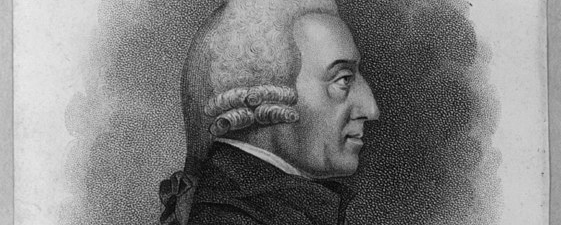
For leadership scholars, two key questions are when and how to effect improvement, and whether such improvements should be imposed top-down or emerge bottom-up from ordinary people.
Economists have struggled with the tension between social reform and the liberal desire for individuals willingly to choose improvement for centuries. In a presentation at the University of Palermo, I examined this tension in the writings of Adam Smith and the economists who followed in his tradition, and the beginnings of an illiberal turn near the end of the nineteenth century.
For economists in the tradition of Smith, the question of learning by doing and self-improvement was central to the wealth and flourishing of nations. Smith viewed economic actors as not simply selfish or even self-interested. To his view, they also sacrifice their own material or physical well-being to help others, even though, as Smith noted in his 1759 Theory of Moral Sentiments, they “derive nothing” from doing so but the pure joy associated with a praiseworthy act. Smith believed that one learns to be generous and virtuous through the imaginative exchange of approbation, in the “great school” of self-command. As individuals improved, so, too, did collections of people, both morally and materially.
For Smith and J. S. Mill, individuals connected by bonds of sympathy are best able to reform themselves and their society. Appreciating this, Mill held off on endorsing reform proposals of the Saint Simonian sort. By contrast, the late nineteenth century economist William Stanly Jevons, as well as many who followed after, held that people are unconnected and unable or unwilling to reform themselves or society. Thus late in the century the economist had more warrant to step in—as experts—and make recommendations as to how to improve society.
In our hyper-politicized world, it seems evident that connections, if they once existed, have now weakened. A 2014 Washington Post article suggests, the presumption at startups and tech giants like Google has been that hiring that seeks out emergent leadership traits is most successful. Emergent leadership does not reflect a position of leadership, but rather a person’s ability inspire and influence others.
Whether the cause of our hyper-politicization is the demise of social capital, as Robert Putnam has argued, the rise of hyper-partisan politics, or other causes, we need emergent leadership to stress commonality, healing, and kindness.
